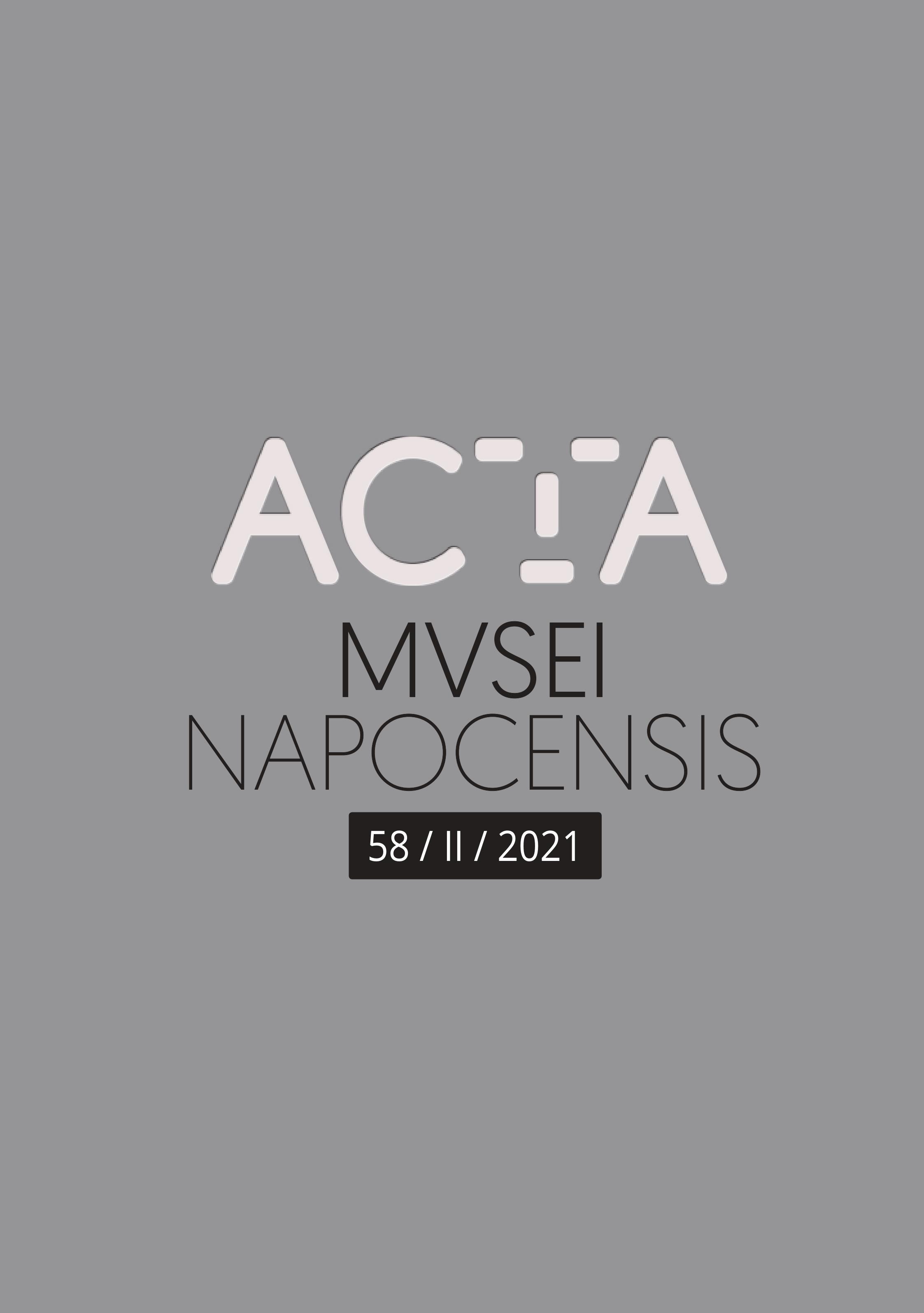Cultural Surveillance in Communist Romania in the 1950s and 1960s. Repression, Re-Education, and Reinsertion. The Case of Constantin Noica
Cultural Surveillance in Communist Romania in the 1950s and 1960s. Repression, Re-Education, and Reinsertion. The Case of Constantin Noica
Author(s): Andrei DălălăuSubject(s): History, Cultural history, History of ideas, Recent History (1900 till today), Post-War period (1950 - 1989), History of Communism, Cold-War History
Published by: Editura Mega Print SRL
Keywords: Constantin Noica; cultural surveillance; intellectuals; repression; show trials;
Summary/Abstract: The present study aims to analyze the relationship between the so‑called ‘bourgeois’ intellectuals (socialized and educated in prestigious cultural groups in the interwar society) and the Romanian secret police, the Securitate, from three perspectives: repression, re‑education, and social reinsertion. The main argument is that all three phases corresponded to Politburo’s political approaches directly related to the evolution of internal or international political events of the late 1950s and early 1960s. The sources used are the Securitate files of the persons convicted in the ‘Noica–Pillat trial’ from 1960. The research method is qualitative analysis combining an institutional approach of the Securitate files with a case study. Consequently, the article focuses on the case of Constantin Noica, a prominent Romanian intellectual. He was sentenced to prison in 1960, pardoned in 1964, and later used by the regime in power service. The Securitate used Constantin Noica’s friendship with Emil Cioran and Mircea Eliade to attract prestigious intellectuals back to Romania and enhance the nationalist orientation of the regime through philosophy.
Journal: Acta Musei Napocensis. Historica
- Issue Year: 58/2021
- Issue No: 58
- Page Range: 223-239
- Page Count: 17
- Language: English

